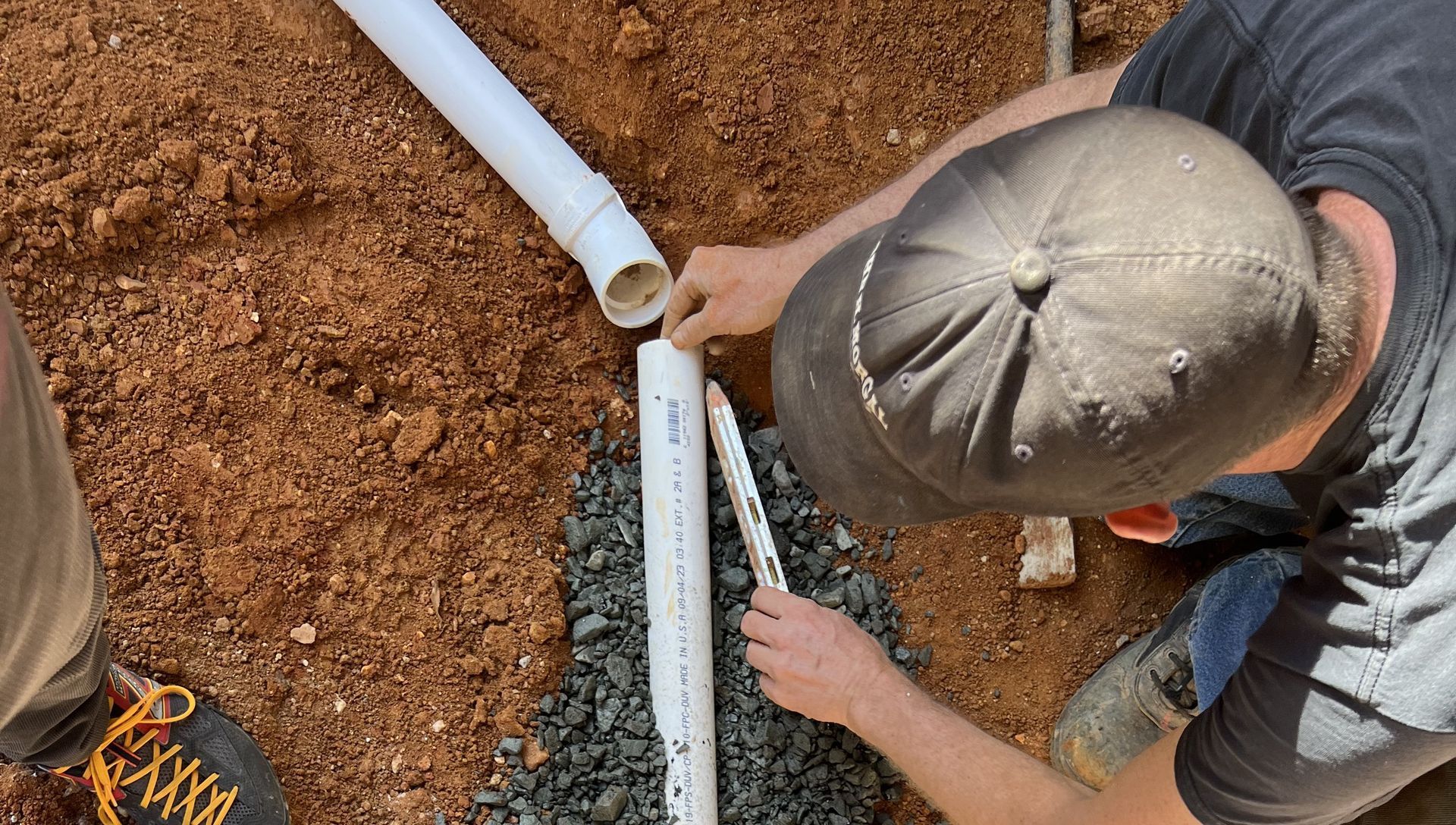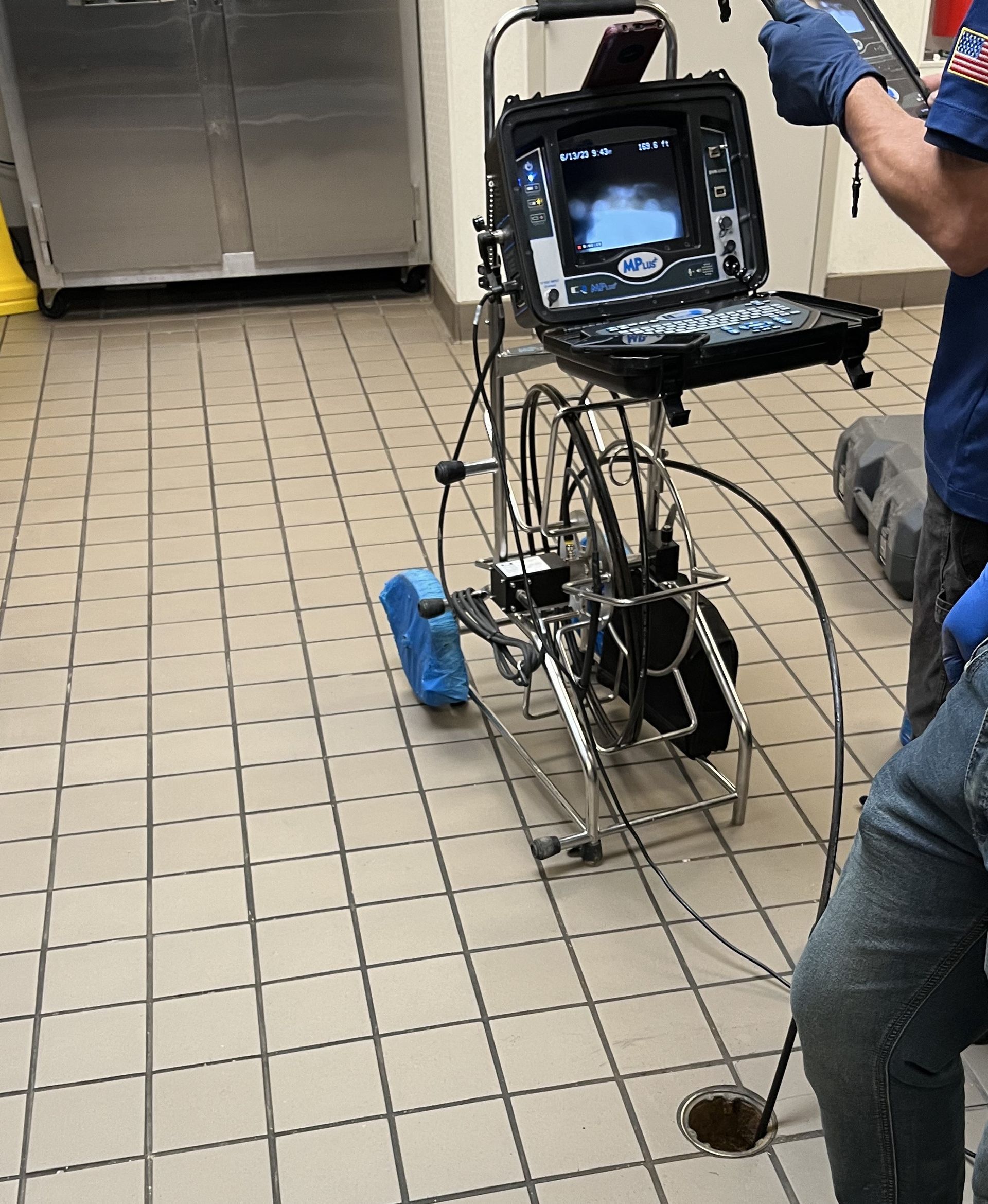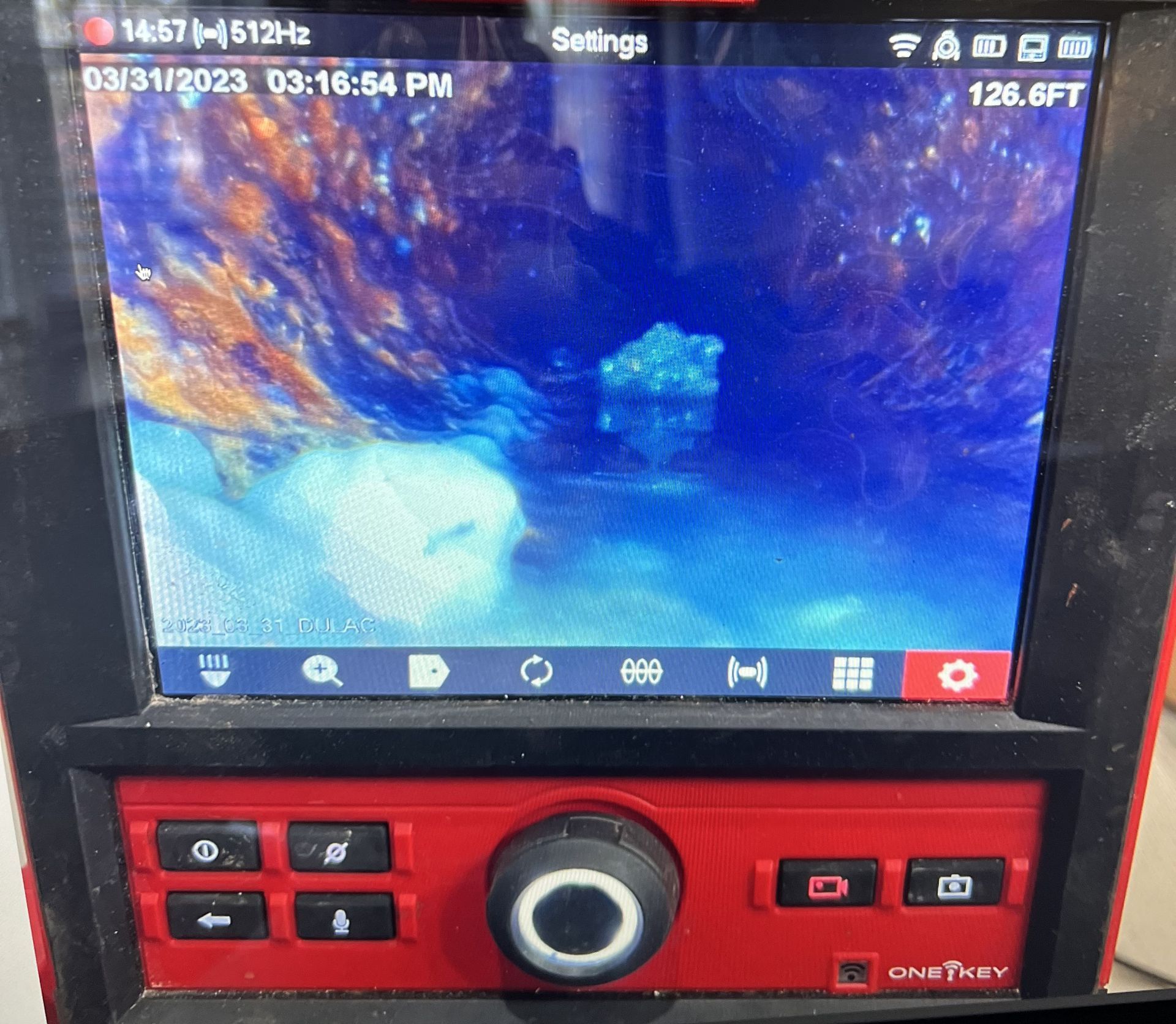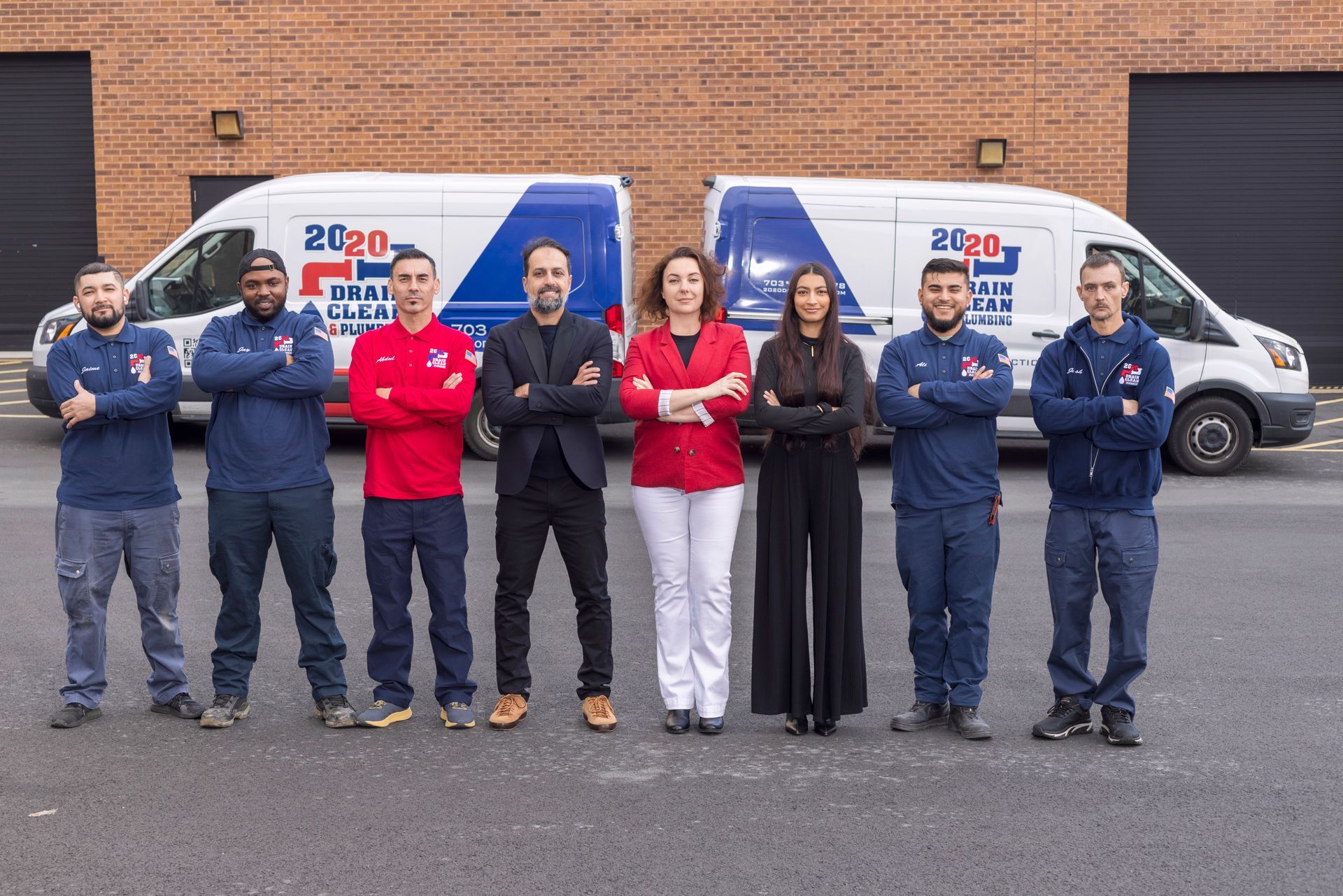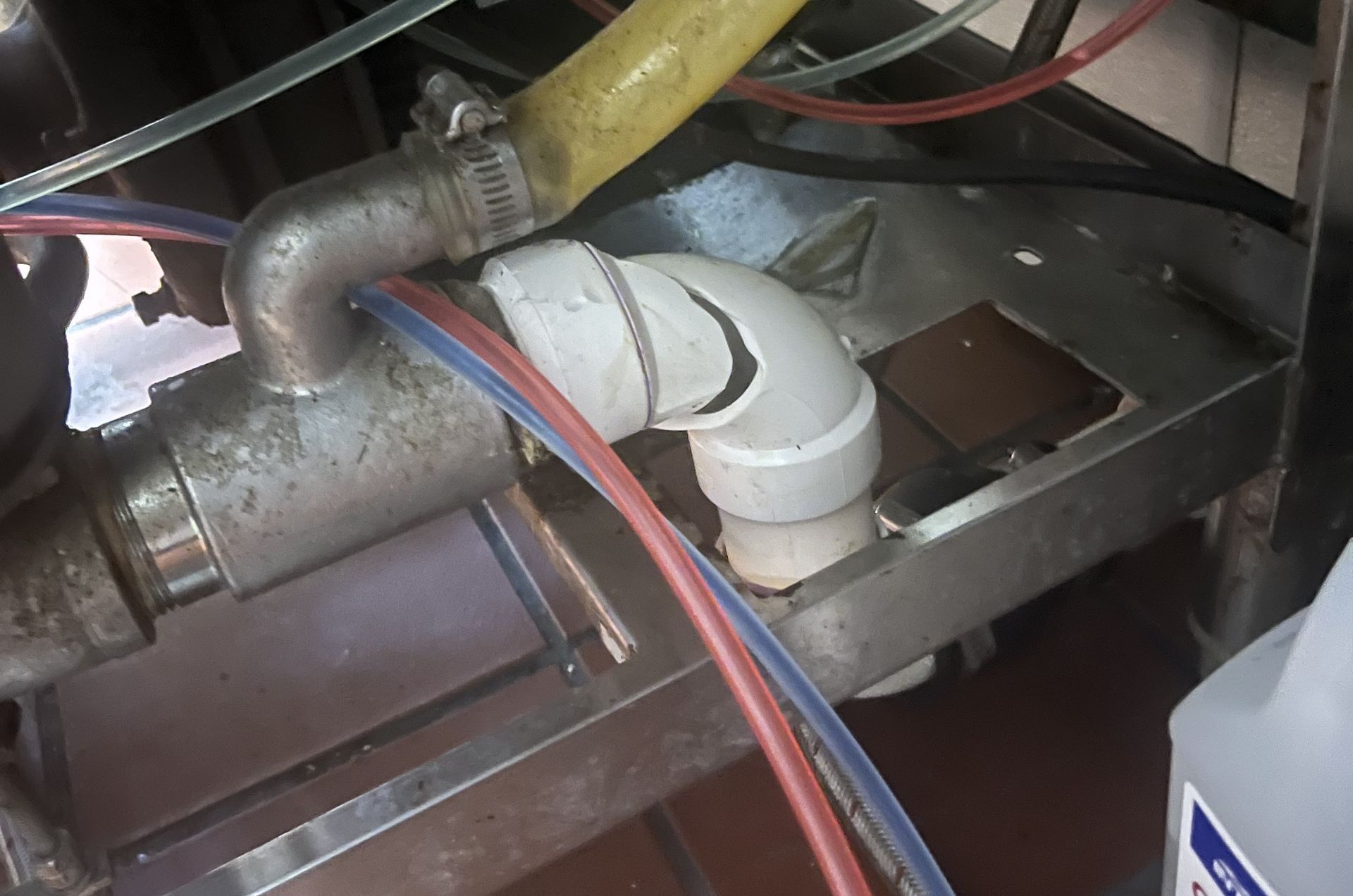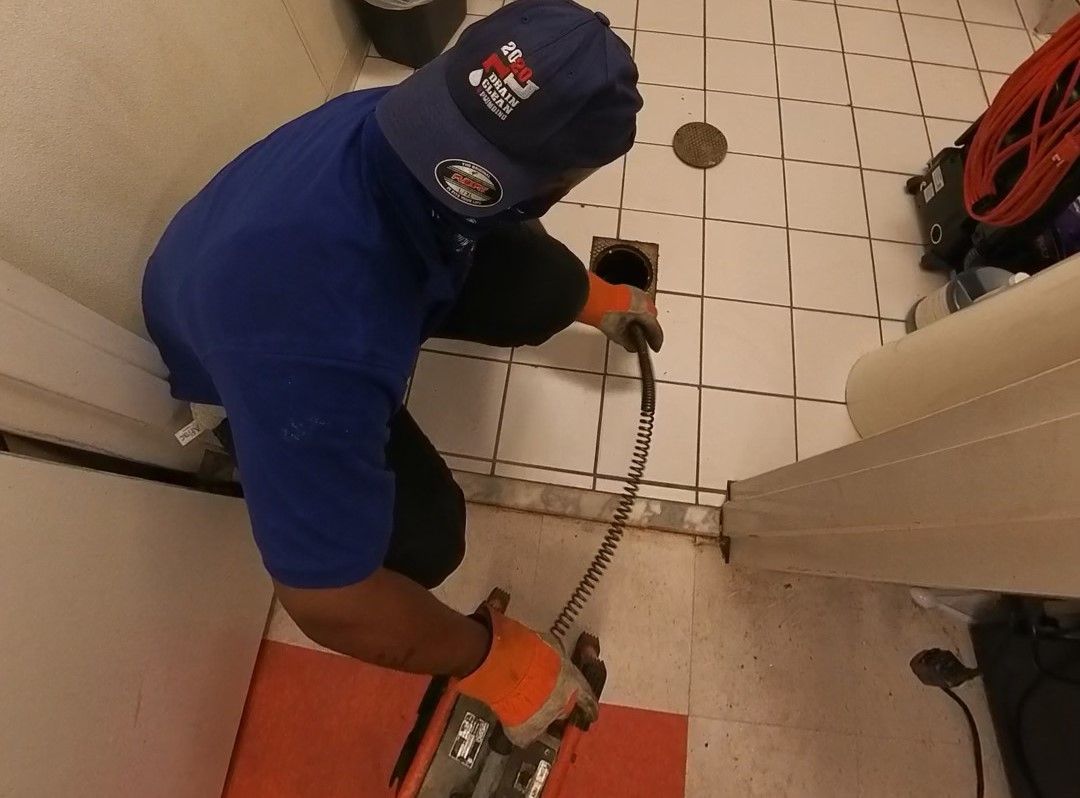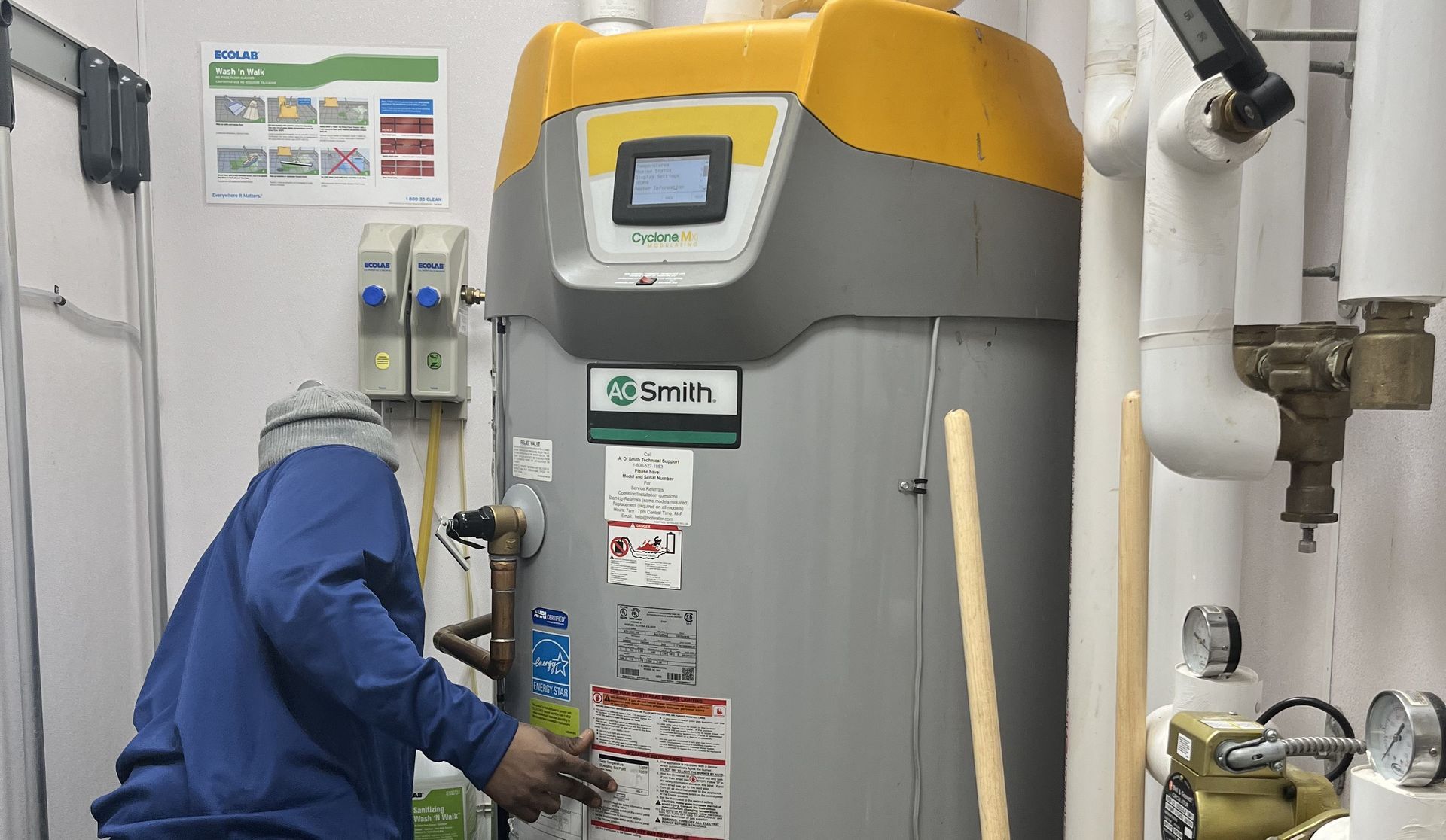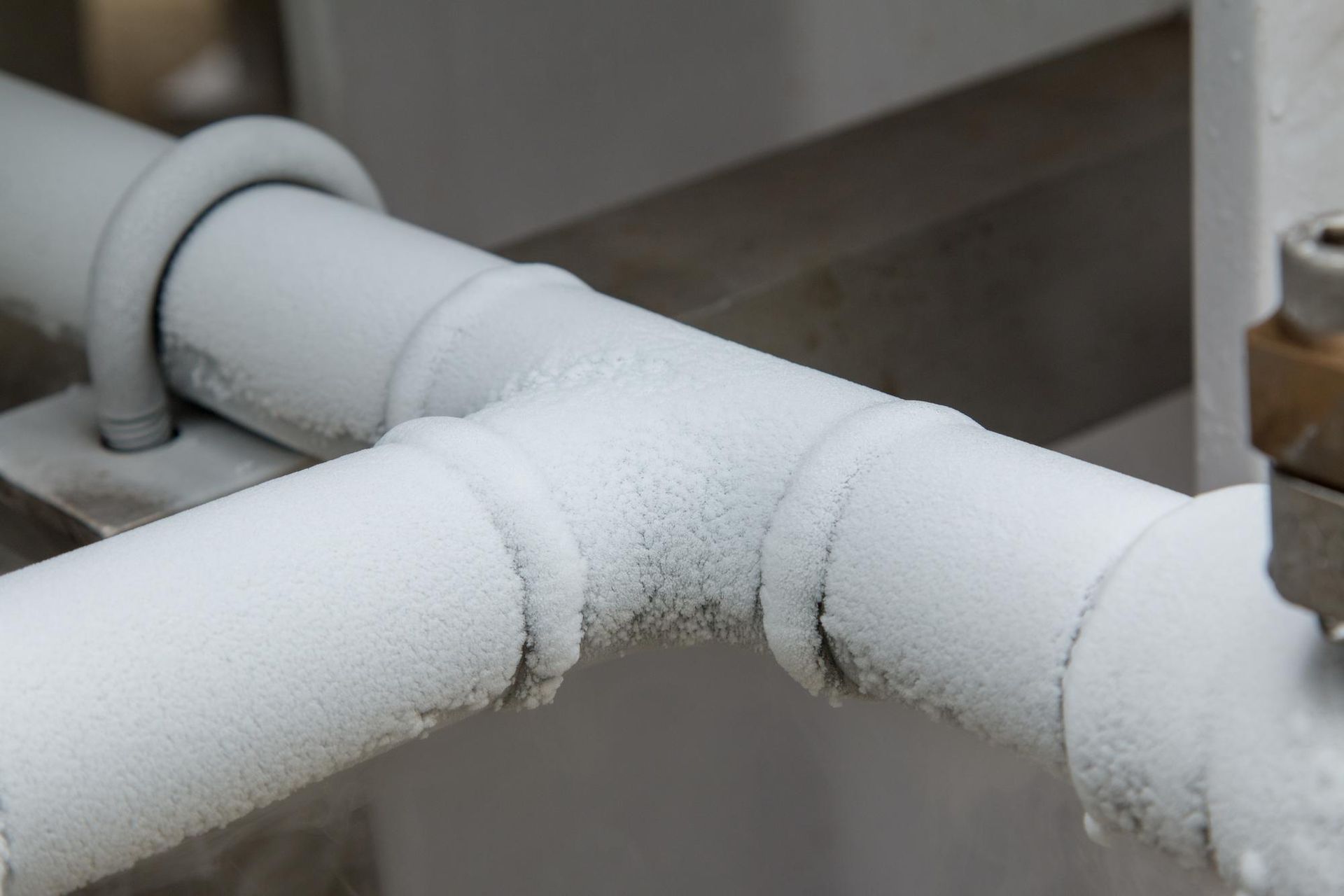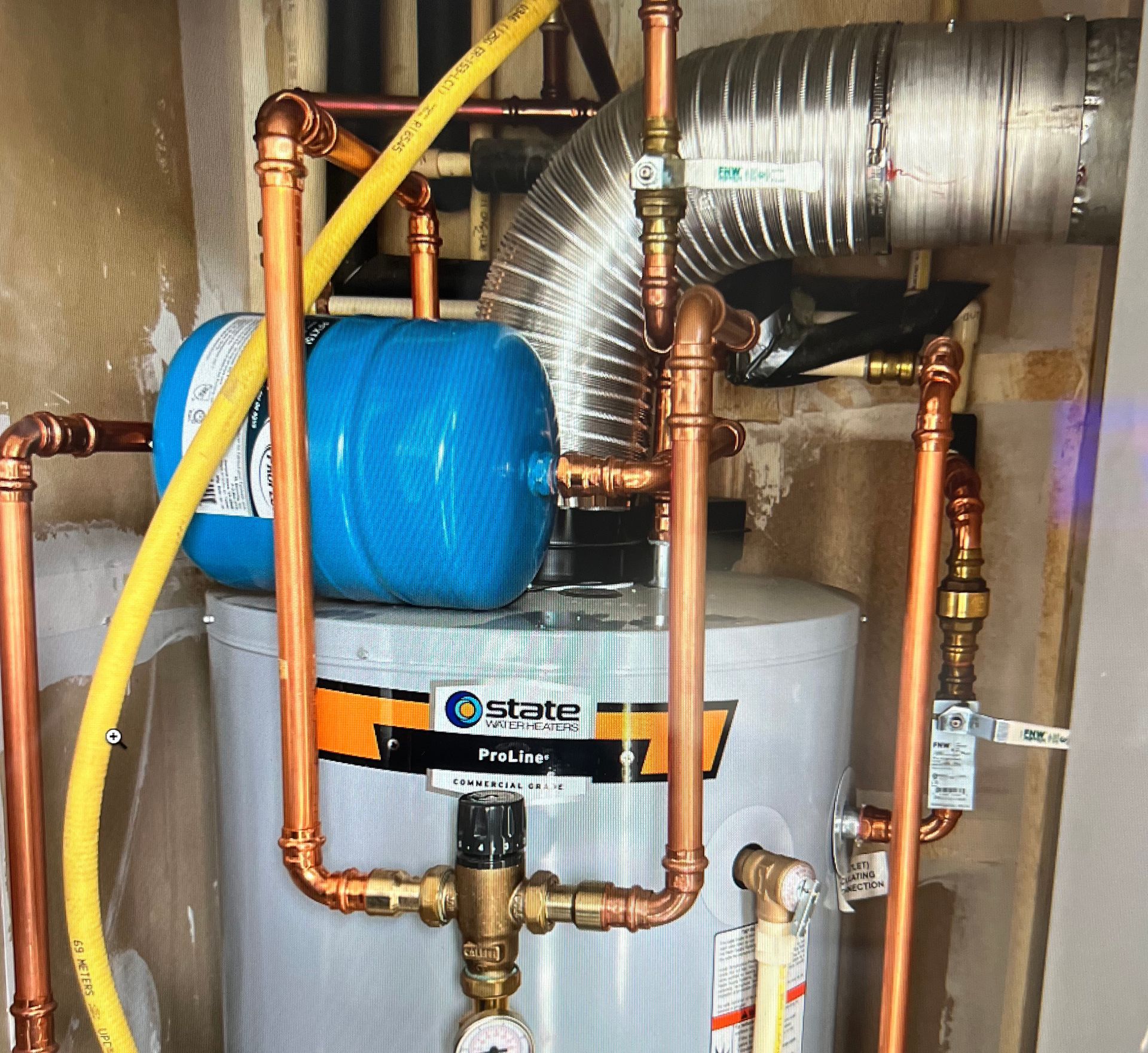The Ultimate Checklist for Choosing Sewer Pipe Lining Materials
Sewer pipe lining is a crucial aspect of maintaining efficient plumbing systems in homes, businesses, and municipalities. When it comes to selecting the right materials for sewer pipe lining, there are numerous factors to consider. In this comprehensive guide, we'll walk you through the ultimate checklist for choosing sewer pipe lining materials. Whether you're a homeowner facing sewer line issues or a contractor working on a large-scale project, understanding the key considerations will help you make informed decisions.
Understanding Your Needs
Before diving into the selection process, it's essential to assess your specific requirements. Every sewer system is unique, and factors such as pipe condition, environmental conditions, and budget constraints play a significant role in determining the most suitable materials. By identifying existing issues and considering long-term durability, you can narrow down your options and focus on solutions that align with your needs.
Material Options Overview
When considering sewer pipe lining materials, it's essential to have a comprehensive understanding of the available options to make informed decisions tailored to your specific needs and requirements.
PVC (Polyvinyl Chloride)
PVC is a versatile and durable material widely used in sewer pipe lining applications. It offers exceptional resistance to corrosion, chemicals, and abrasion, making it suitable for various environmental conditions. PVC pipes are lightweight, easy to install, and have smooth interior surfaces that minimize friction and enhance flow capacity. Additionally, PVC pipes are available in a wide range of sizes and configurations, making them suitable for both residential and commercial applications.
HDPE (High-Density Polyethylene)
HDPE is another popular choice for sewer pipe lining due to its excellent flexibility, durability, and resistance to corrosion. HDPE pipes are highly resistant to abrasion, chemicals, and environmental stress cracking, making them ideal for demanding underground applications. With superior leak-proof joints and fusion welding capabilities, HDPE pipes offer long-term reliability and performance. Additionally, HDPE pipes are lightweight, making them easier to transport, handle, and install compared to traditional materials like concrete or clay.
CIPP (Cured-In-Place Pipe)
CIPP is a trenchless sewer pipe lining technology that involves inserting a resin-saturated liner into the existing pipe and curing it in place using heat or ultraviolet (UV) light. CIPP offers several advantages, including minimal excavation, reduced disruption to surrounding infrastructure, and faster installation times. The cured liner forms a seamless, jointless pipe within the existing structure, providing enhanced structural integrity and resistance to infiltration and exfiltration. CIPP is suitable for rehabilitating deteriorating or damaged pipes and extending their service life without the need for costly and disruptive excavation.
GRP (Glass Reinforced Plastic)
GRP, also known as fiberglass reinforced plastic, is a composite material commonly used in sewer pipe lining applications. GRP pipes offer excellent corrosion resistance, high tensile strength, and durability, making them ideal for aggressive environments and challenging installation conditions. With smooth internal surfaces and leak-proof joints, GRP pipes minimize friction losses and maintain hydraulic efficiency over their service life. Additionally, GRP pipes are lightweight, non-conductive, and resistant to biological growth, ensuring long-term performance and reliability.
Concrete and Clay
While traditional materials like concrete and clay have been used for sewer pipe lining for decades, they are gradually being replaced by more modern and durable alternatives. Concrete and clay pipes are susceptible to corrosion, root intrusion, and structural deterioration over time, leading to costly repairs and maintenance. Additionally, these materials are heavy, difficult to install, and prone to cracking and leakage. As such, many municipalities and utilities are transitioning to newer materials like PVC, HDPE, and CIPP to improve the reliability and longevity of their sewer systems.
Selecting the right sewer pipe lining material requires careful consideration of factors such as durability, corrosion resistance, installation ease, and long-term performance. By understanding the characteristics and advantages of each material option, you can make informed decisions that ensure the integrity and efficiency of your sewer infrastructure for years to come.
Performance Factors
When evaluating sewer pipe lining materials, several performance factors should be taken into consideration. Resistance to corrosion and chemicals is paramount, especially in environments with high levels of acidity or alkalinity. Flexibility and adaptability to different pipe shapes and sizes ensure a seamless installation process and minimize the risk of leaks or failures. Compatibility with existing infrastructure and systems is also crucial to ensure seamless integration and functionality.
Cost Analysis
Cost is a significant consideration when selecting sewer pipe lining materials. While initial installation costs may vary depending on the chosen material, it's essential to consider long-term maintenance expenses and potential savings over time. PVC and HDPE may have higher upfront costs but offer lower maintenance requirements and longer life spans compared to traditional materials like clay or concrete. Evaluating the return on investment (ROI) for each material option will help you make financially sound decisions.
Regulatory Compliance and Standards
Compliance with local building codes and regulations is non-negotiable when selecting sewer pipe lining materials. It's essential to ensure that the chosen materials meet specific guidelines and standards set forth by regulatory authorities. Additionally, considering industry certifications and endorsements can provide assurance of quality and reliability. By staying abreast of regulatory requirements, you can avoid costly penalties and ensure the longevity of your sewer system.
Warranty and Support
When investing in sewer pipe lining materials, it's crucial to consider the warranty and support offered by manufacturers and suppliers. A comprehensive warranty policy can provide peace of mind and protection against unforeseen defects or failures. Additionally, access to technical support and assistance can expedite troubleshooting and resolution of issues that may arise during installation or operation. Before making a decision, be sure to review the terms and conditions of the warranty and inquire about the availability of support services.
Case Studies and Examples
Real-world examples of successful sewer pipe lining projects can offer valuable insights and inspiration for your own endeavors. By studying case studies and learning from past experiences, you can gain a better understanding of best practices and potential pitfalls to avoid. Whether it's a residential sewer line rehabilitation or a large-scale municipal project, there are lessons to be learned from every scenario. By leveraging the knowledge and expertise gained from others, you can enhance the success of your own sewer pipe lining endeavors.
Conclusion
In conclusion, choosing the right sewer pipe lining materials requires careful consideration of various factors, including performance, cost, compliance, and support. By following the ultimate checklist outlined in this guide, you can navigate the selection process with confidence and make informed decisions that align with your needs and objectives. Whether you opt for PVC, HDPE, CIPP, or another material, prioritize quality, reliability, and longevity to ensure the integrity of your sewer system for years to come. Remember, investing in the right materials today can save you time, money, and headaches down the road.
Additionally, for residents and businesses in Chantilly VA and Lorton VA, 2020 Drain Clean & Plumbing stands out as one of the best service providers in the area. With their commitment to excellence and customer satisfaction, they offer top-notch sewer pipe lining services to address all your plumbing needs. Contact
2020 Drain Clean & Plumbing at
(703) 677-0878 for reliable and professional assistance with your sewer pipe lining projects. When it comes to maintaining the integrity of your sewer system, trust in the expertise and dedication of 2020 Drain Clean & Plumbing. Let us help you keep your pipes flowing smoothly and efficiently for years to come.
FAQ’s
-
What is the typical lifespan of sewer pipe lining materials?
Sewer pipe lining materials vary in lifespan depending on factors such as material type, installation quality, and environmental conditions. Generally, high-quality materials like PVC and HDPE can last upwards of 50 years or more with proper maintenance and care.
-
Can sewer pipe lining materials withstand harsh chemical environments?
Yes, many sewer pipe lining materials, such as PVC and HDPE, are designed to resist corrosion and degradation caused by harsh chemical environments. However, it's essential to select materials that are specifically formulated for the intended application and consult with experts to ensure compatibility with the chemicals present in your sewer system.
-
Is trenchless sewer pipe lining suitable for all types of pipes?
Trenchless sewer pipe lining, such as CIPP, offers a minimally invasive solution for rehabilitating aging or damaged pipes without the need for extensive excavation. While it is compatible with most types of pipes, including clay, concrete, and cast iron, it's essential to assess the condition and structural integrity of the existing pipes to determine suitability.
-
How does the cost of sewer pipe lining materials compare to traditional pipe replacement methods?
While the upfront cost of sewer pipe lining materials may be higher than traditional pipe replacement methods, such as excavation and replacement, the overall cost-effectiveness often outweighs the initial investment. Sewer pipe lining minimizes disruption to surrounding infrastructure, reduces labor and material costs associated with excavation, and extends the lifespan of existing pipes, resulting in long-term savings.
-
Are there any environmental benefits to using sewer pipe lining materials?
Yes, sewer pipe lining materials offer several environmental benefits compared to traditional pipe replacement methods. Trenchless sewer pipe lining reduces the need for excavation, minimizing soil disturbance, and preserving natural habitats. Additionally, materials like PVC and HDPE are recyclable and contribute to sustainable waste management practices. By choosing environmentally friendly sewer pipe lining materials, you can reduce your carbon footprint and promote eco-conscious infrastructure development.
Search
Recent Posts
Service Areas:
Aldie, Alexandria, Ashburn, Arlington, Burke, Centerville, Chantilly, Dale City, Dulles, Dumfries, Fairfax, Falls Church, Gainesville, Great Falls, Herndon, Lake Ridge, Manassas, Mclean, Nokesville, Sterling, Springfield, Stafford, Tysons, Triangle, Woodbridge and more in Northern Virginia
Our Mission
2020 Drain Clean & Plumbing mission is to be the last Plumbing company you ever need to find!
All Rights Reserved | 20/20 Drain Clean & Plumbing, LLC

